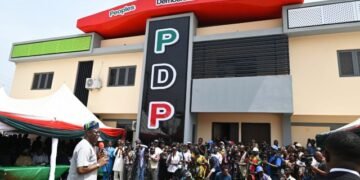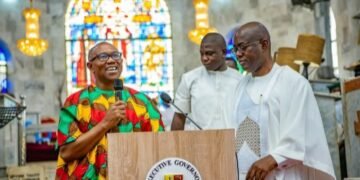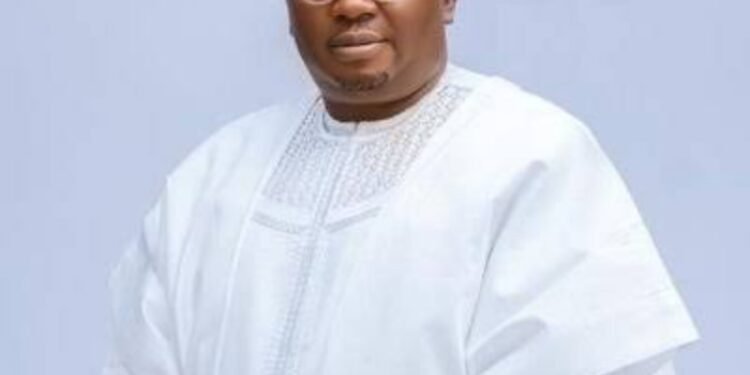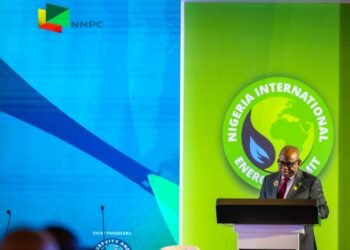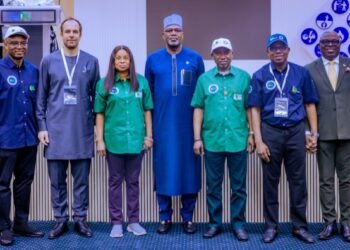Since gaining independence in 1960, Nigeria’s greatest infrastructural shame remains its epileptic power supply. Despite over six decades of promises, policies, and billions of dollars, Nigerians still sweat in darkness, cursed by a system rigged against the common man and sustained by corruption, sabotage, and incompetence.
From the old Electricity Corporation of Nigeria (ECN) to National Electric Power Authority (NEPA) and later Power Holding Company of Nigeria (PHCN), down to today’s privatised mess, it’s been a long road of recycled failures. The unending nightmare is powered not by lack of resources, but by the greed of a few who have built personal empires on the suffering of millions.
Under President Olusegun Obasanjo’s regime, over $16 billion was reportedly spent on the power sector. But instead of light, what Nigeria got was more darkness and more diesel fumes. No measurable increase in generation, no consistent power supply—just empty transformers and broken promises. Till date, no one has been held responsible for that monumental waste.
The next big move came during President Goodluck Jonathan’s administration, when the power sector was hurriedly privatised. But what was sold to Nigerians as reform turned out to be a cruel joke. Cronies and cabals bought up generation and distribution companies with little or no experience. The result? Outages got worse, and tariffs went up. Instead of light, Nigerians were handed frustration—neatly packaged in monthly bills.
At the heart of the problem is a well-oiled mafia that controls the power industry. This cartel influences who becomes Minister of Power. Their job is simple: protect their diesel and generator empires. They conspire with corrupt NEPA officials to damage equipment and create artificial scarcity. These mafias ensure that darkness is big business—while generator dealers and diesel marketers laugh to the bank.
Which brings us to the current Minister of Power, Bayo Adelabu—a First-Class graduate of Accounting, yes, but with zero technical background in electricity. A man who, by his own admission, has probably never replaced a light bulb in his life. Yet, he was handed the most sensitive technical ministry in a country desperate for light. What has he done since assuming office? Increase electricity tariffs. As if punishing the masses under an unforgiving sun will suddenly produce megawatts.
While Nigerians are crying and sweating under unbearable heat, with power cuts lasting days, Mr. Adelabu is busy defending policy decisions that further burden the already exhausted masses. The dream of 24-hour electricity is quickly fading into a national mirage—a fantasy passed from one administration to the next.
But all hope is not lost. There is a flicker of light at the end of this corrupt tunnel. The current administration has, at least, dismantled the cartel of subsidy thieves who wrecked our refineries and cut off the forex racketeers who fattened themselves on our reserves.
That same energy must now be directed at purging the power mafia, cleaning up the regulatory mess, and holding every looter accountable—past and present.
How can a single individual boast of 705 certificates, just because he once held a public office? This is the kind of absurdity that mocks the intelligence of ordinary Nigerians who are told to “tighten their belts” while the political elite consume the nation’s future.
Until Nigeria’s leaders have the courage to break the unholy alliance between corruption and incompetence, light will remain a luxury. The generator sellers will keep booming. Diesel will remain liquid gold. And the masses will keep sweating—hoping, praying, and paying for power they may never see.
Let the truth be told: Nigeria is not lacking in power generation capacity. It is lacking in political will, accountability, and patriotic leadership.
•Mogaji Arisekola writes from Ibadan.

